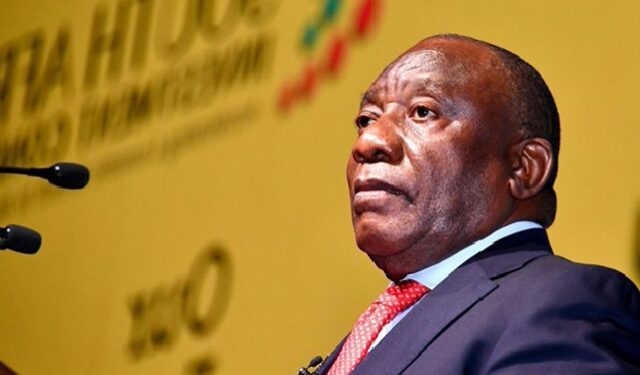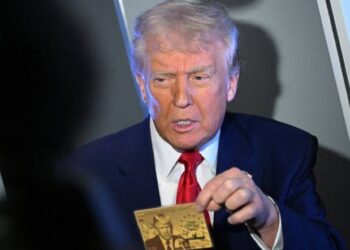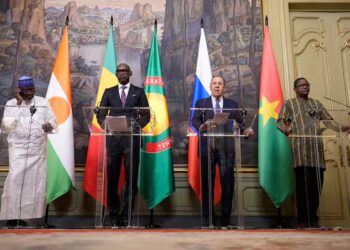By Enyichukwu Enemanna
South Africa has no immediate intentions to take retaliatory measures against the United States over tariffs announced by President Donald Trump this week, senior government officials said on Friday, instead emphasising that Pretoria will seek to negotiate exemptions and quota agreements.
“To say we will impose reciprocal tariffs without first understanding how the U.S. arrived at 31% … would be counterproductive,” Trade Minister Parks Tau told a press conference, saying South Africa’s average tariff on imports was 7.6%.
On Wednesday, Trump imposed a 31% tariff on U.S. imports from South Africa when he announced a 10% baseline tariff on all imports, as well as higher targeted duties on dozens of countries.
After China, the United States is South Africa’s second-largest bilateral trading partner.
Africa’s most industrialised nation, South Africa had previously said it wanted to agree on a bilateral trade deal with Trump’s team. But that does not seem immediately achievable as relations between the two countries have deteriorated since Trump came to power in January.
Additionally, Foreign Affairs Minister Ronald Lamola said Trump’s tariffs effectively nullified the benefits African countries had enjoyed under the African Growth and Opportunity Act.
The AGOA initiative, which grants qualifying African nations duty-free access to the U.S. market, is due to expire in September. Trump’s far-reaching tariffs suggest that a renewal of the trade accord enacted in 2000 is now unlikely.
According to the minister, the actions by the United States underscored the need for South Africa to accelerate efforts to diversify its export markets, eyeing Asian and Middle Eastern markets as potential opportunities.
In the meantime, officials said the government would seek to support industries most affected by the tariffs, including car manufacturing, agriculture, processed foods, and metals.
The government will not remove benefits U.S. carmakers enjoy under its Automotive Production Development Programme, a production incentive scheme, Tau said.
South Africa’s National Treasury estimates that losing its AGOA status could reduce economic growth by less than 0.1 percentage points.
Trump had earlier imposed a 25% tariff on all vehicles and car parts imported into the U.S.
That is seen as an economic threat to South Africa, which exports over $2 billion a year in vehicles and auto parts to the U.S.



































